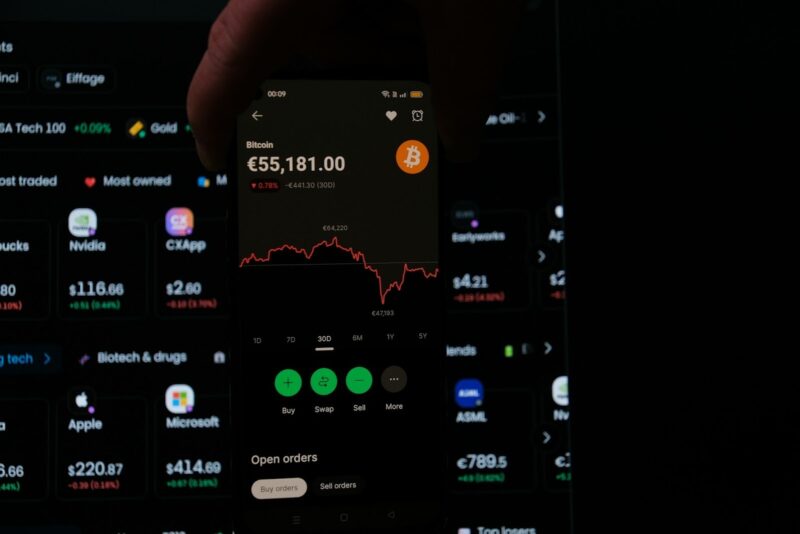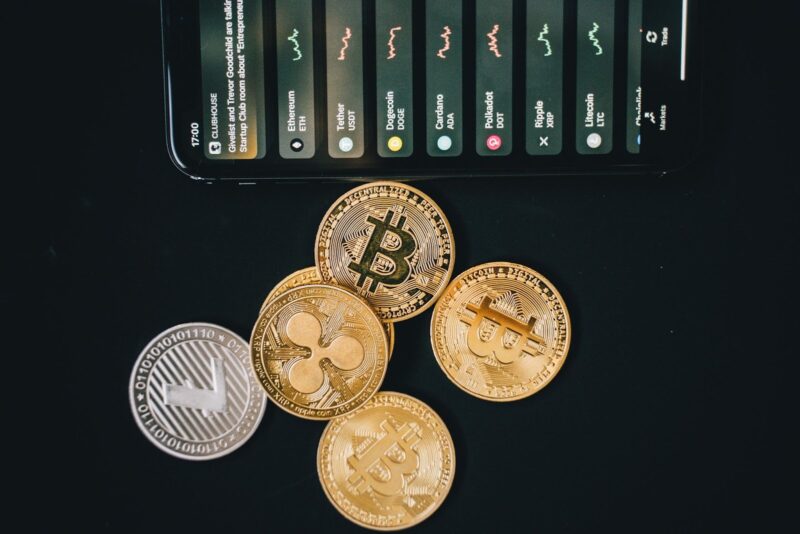Table of Contents
ToggleThe Dynamics Of Time-Based Events
In digital gaming settings, timed events are meant to generate thrill and urgency. Often occurring during holidays, anniversaries, or themed events, they can greatly change gameplay dynamics. Usually, these events provide special challenges, limited-time prizes, or exclusive incentives meant to encourage users to participate more often over the event’s running.
Technically, timed events could bring adjustments to the game dynamics including adjusted algorithms for bonus triggers. Often changing the chance of bonus activations during these moments, game creators hope to inspire player involvement and improve the whole experience. This implies that players may have a different possibility of activating bonuses during a scheduled event than in normal gameplay, which would increase the excitement and expectation.
Studying Bonus Trigger Algorithms
Knowing how timed events affect bonus triggers calls for better study of the algorithms running under control of these games. Every interactive experience runs under a set of predefined guidelines, including how and when bonuses turn on. These guidelines are set in place during normal gameplay to guarantee participants have an equitable and random experience. Timed events allow developers to modify these algorithms to maximize the excitement and involvement degrees, though.
A game might, for example, use a timed event to temporarily raise the likelihood of triggering bonuses or offer extra free spins. This change could help to inspire players to engage actively during the length of the event and provide a more pleasing surroundings. Changing these algorithms can help developers produce a more dynamic and engaging experience that keeps users returning for more.
Leaderboards And Competency: Their Effects
Timed events often include competitive components, including challenges or leaderboards, which can impact player behavior and bonus triggers even more. Many games have limited-time contests whereby players could win prizes contingent on their performance. As players work toward their goals and ascend the ranks, this competitive element lends still another level of thrill.
Finding Techniques And Patterns
Many times, players look for tactics or patterns to raise their chances of triggering bonuses during timed events. These trends offer insightful analysis of the dynamics of games even if they do not ensure success. Players may change their strategy depending on observations of, say, increasing frequency of particular symbols or combinations during particular periods.
Furthermore, some players could decide to engage in scheduled events with a strategic approach, therefore defining particular objectives for their gameplay. By concentrating on goals such as finishing certain chores or earning points players can give their gaming sessions direction. As players grow more sensitive to the mechanics of the game, this strategy not only improves the whole experience but also could raise the possibility of triggering bonuses.
Social Dynamics And Local Involvement
Additionally very important in determining how scheduled events affect bonus triggers are the social dynamics of gaming communities. Particularly during exceptional events, many players like sharing their tactics and experiences with others. Players may interact and trade advice using online forums, social media, and streaming platforms, therefore strengthening friendship and common enthusiasm.
Greater knowledge of timed events and their possible bonuses results from this community involvement. Players may find fresh tactics or insights when they share their experiences that would improve their likelihood of triggering bonuses. Furthermore, the common expectation of timed events can generate excitement inside the gaming community, inspiring additional players to interact with the experience.
The Impact Of Game Architecture
The way timed events affect bonus triggers in a slot game depends much on its design. Attracting players at special events is more likely for visually appealing games with interesting tales. For timed events, developers sometimes design original themes or narratives that would improve player immersion and raise involvement.
Furthermore, the incorporation of interactive elements into timed events might increase the dynamic nature of the experience. Games could, for instance, include visual signals, musical effects, or distinctive animations indicating the possibility for bonuses. Since they relate more to the game and its rewards, these design features can boost player enthusiasm and inspire them to keep on playing.
The Authority Of Technology
Technological developments have also been rather important in forming the experience of timed events. Mobile gaming and internet platforms have let gamers interact with interactive experiences anytime and anywhere more easily. This accessibility lets players participate in timed events free from actual locations, therefore increasing their engagement.
Data analytics allows developers to also customize timed events to fit particular player preferences. Game designers can provide individualized experiences that appeal to their target market by means of player behavior and preferences. This degree of personalization improves player happiness and raises the possibility of involvement during timed events, therefore affecting possible bonus triggers.
Juggling Reward And Risk
Players of timed events have to also negotiate the balance between risk and reward. Although the thrill of additional bonuses can be seductive, players should keep awareness of their boundaries and play sensibly. Timed events might generate urgency that drives some players to participate in longer sessions or wager more than they usually would.
The Evolution Of Timed Events
The idea of timed events is probably going to become more and more popular as the scene of digital gaming changes. Making interesting experiences that inspire player involvement and engagement has value, as developers are realizing more and more. Future timed events might include even more creative ideas like interactive storytelling, customized incentives, and increased competitive aspects.
The possibility for technological developments like virtual reality and augmented reality might also change how players experience timed events. These immersive technologies let players interact with their preferred games in whole fresh ways, therefore opening new levels of involvement. The link between timed events and bonus triggers will surely remain a major focus for both players and developers as the business changes.







